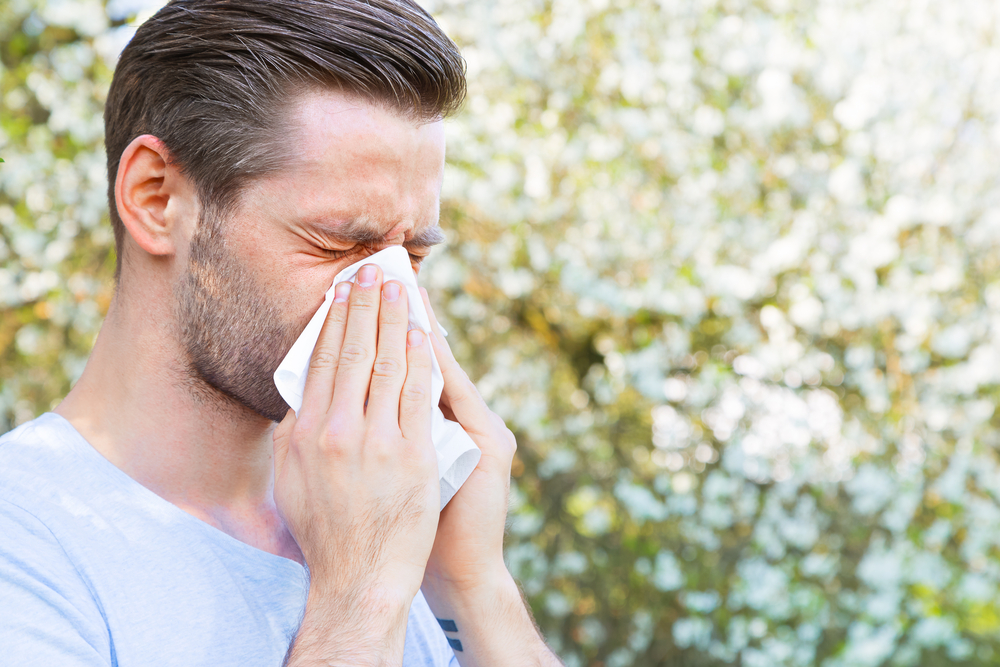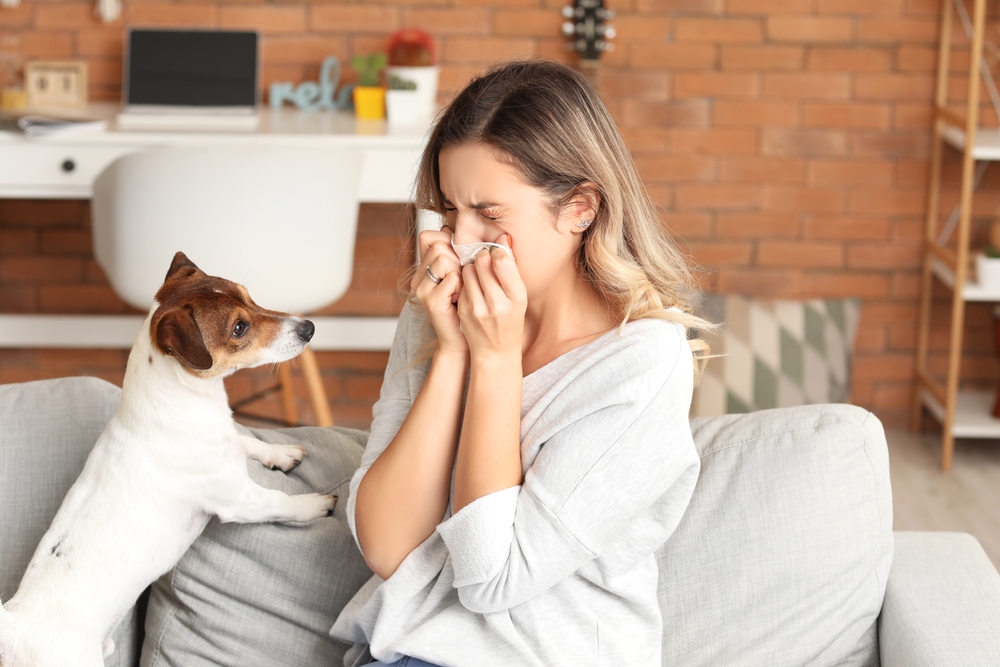
menu

Posted in Uncategorized | April 24, 2024

Are you struggling with allergies? Do your allergy symptoms persist despite using over-the-counter medications?
Allergy shots or drops can help. Both can considerably reduce your symptoms and keep your allergies at bay.
Keep reading to learn more about allergy shots and allergy drops and whether there’s an advantage to trying allergy shots instead of allergy drops.

Immunotherapy is a practical approach to treating allergies. An allergy occurs when you react to harmless substances in most people. These substances are called allergens and include:
An allergic reaction happens when an allergen enters your body through your mouth, nose, or skin. Your immune system releases antibodies to fight the allergen as it would viruses or bacteria, even though it’s not dangerous.
The antibodies then attach themselves to mast cells. Once the allergen comes into contact with these antibodies, your mast cells respond by releasing chemicals, including histamine.
Histamine helps your body remove the allergen. But it also triggers allergy symptoms like sneezing, wheezing, runny nose, itching, and hives.
Unlike allergy treatments like antihistamines that temporarily diminish symptoms, immunotherapy treats the source of your allergies, not just the symptoms.
Immunotherapy involves frequently exposing your immune system to low, increasing doses of the allergen(s) causing your allergy symptoms.
Eventually, this process slowly desensitizes your immune system to those allergens. Immunotherapy helps your immune system learn to tolerate and stop overreacting to a harmless substance.
Consequently, this significantly lessens or eliminates your allergy symptoms. Before undergoing immunotherapy treatment, your ENT specialist at Specialty Care Institute will perform an allergy test to determine what you’re allergic to.
Based on the results, you’ll receive immunotherapy targeting those problematic allergens. Immunotherapy will help slowly reduce your sensitivity to them.
Different types of immunotherapy are available, including allergy shots and drops.
Allergy shots have been used to treat allergies for over 100 years and are the most widely tested treatment today. Also called subcutaneous immunotherapy (SCIT), allergy shots involve injecting tiny doses of what you’re allergic to under your skin in a safe, controlled environment.
Allergy shots are given to patients in two phases:
Your ENT specialist at Specialty Care Institute will administer shots 1 to 2 times per week. The duration of this phase will depend on how well you tolerate allergy shots and how often you receive them.
However, the buildup phase of allergy shots usually ranges from 3 to 6 months. Your allergen dose will slowly increase with every shot as your immune system builds tolerance.
Once the effective dose is achieved, you’ll start the maintenance phase. During this phase, you’ll be given allergy shots less often.
You’ll receive maintenance shots approximately once every 2 to 4 weeks, and the maintenance phase can last 3 to 5 years.

Sublingual immunotherapy (SLIT) or allergy drops are a form of immunotherapy administered through tiny drops. These drops are put under your tongue for 2 minutes and then swallowed.
Like allergy shots, allergy drops introduce gradually more substantial doses of specific allergens under your tongue. With repeated daily exposure, your immune system develops a tolerance to what you’re allergic to, decreasing or eliminating the allergic reaction.
You may need to continue with the treatment for 3 to 5 years to experience long-term relief.
Here’s how allergy shots and allergy drops compare to each other:
Your ENT specialist at Specialty Care Institute administers allergy shots. In case you have an adverse reaction, you’ll remain at our office for 30 minutes after every shot.
Most side effects from allergy shots appear within the first 30 minutes after injection. Although rare, some people experience a severe allergic reaction after their shot, called anaphylaxis.
Anaphylaxis is a life-threatening reaction and requires prompt medical attention, which your Specialty Care Institute ENT specialist can provide. Allergy drops are considered highly safe.
That’s why you can take them at home without direct medical supervision. However, a rare adverse allergic reaction could still occur.
For this reason, your ENT specialist will likely prescribe an Epi-Pen or epinephrine autoinjector for the emergency treatment of anaphylaxis in case of this rare reaction.
The frequency of allergy drops and shot treatments may vary depending on your response to the drops or shots and your treatment plan. Shots are administered once or twice weekly, then once to twice monthly for 3 to 5 years.
If you’re taking allergy drops, you’ll take them once a day.
Some of the benefits of allergy shots include:
While both allergy shots and allergy drops are effective, research suggests that allergy shots can be more effective.
Allergy shots are covered by insurance because they are an established FDA-approved treatment. Depending on your insurance coverage, this can make them a more cost-effective option.
Allergy drops are still waiting on FDA approval, making them experimental therapies that are not covered by most insurance.

For over a century, allergy shots have used the same method and have proven to lessen or eliminate severe symptoms.
If you have allergies, the team of experts at Specialty Care Institute can get to the bottom of your symptoms and recommend effective treatments like immunotherapy. Using immunotherapy, we can help you find lasting relief from your allergy symptoms.
Are you looking for a long-term solution for your allergies? Schedule an appointment today at Specialty Care Institute at one of our locations in Barrington, Elgin, Hoffman Estates, and Arlington Heights, IL, now! Isn’t it time to get the relief you deserve?